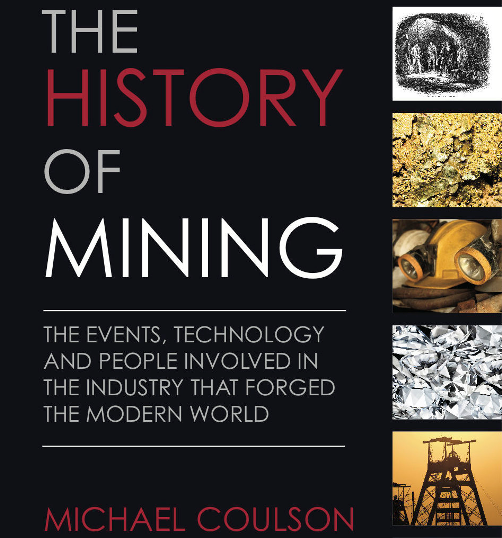The Globe and Mail is Canada’s national newspaper with the second largest broadsheet circulation in the country. It has enormous influence on Canada’s political and business elite.
Barrick Gold Corp. has ended months of efforts to sell its African unit to state-owned China National Gold Group (CNGC), unwilling to settle for fire-sale prices even as it struggles to cover massive cost overruns elsewhere.
The assets had been up for sale as part of a revitalization strategy that was launched by the world’s largest gold miner last summer amid a falling stock price and shareholder discontent.
The move leaves Barrick with a high-cost producer in African Barrick Gold PLC at a time when mining on the African continent is losing its shine for shareholders, who are wary of resource nationalism amid months of labour strife in African mines.
The end to the talks also underscores the fiscal discipline of Chinese state-owned mining companies, showing they are careful not to overpay for assets even as the country seeks ownership of mineral resources to feed booming economic growth.
Barrick chief executive officer Jamie Sokalsky, who took the helm of the Toronto-based miner in June after the ouster of predecessor Aaron Regent, engaged the Chinese as one of a series of bold moves to address investor backlash against Barrick, which like others in the sector pursued aggressive growth for years but failed to spark good returns for shareholders.
























